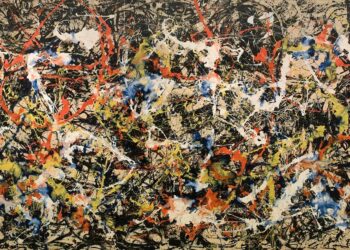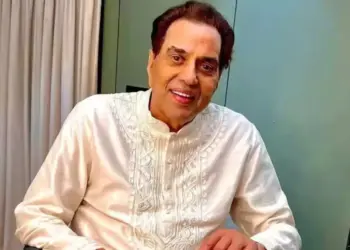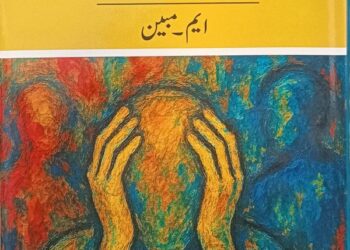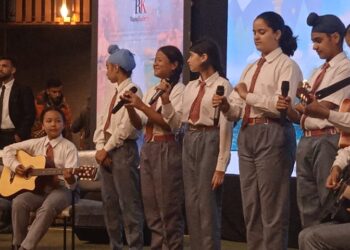Art That Defies Gravity
On social media, where countless artists share their work, one often comes across astonishing sculptures created simply by balancing stones...
The First Aid Box That Carried a Father’s Heart
That evening, Hashmat climbed up to the attic in search of some old photographs. As his hand moved across a...
The Thin Line That Separates Modern Art from Contemporary Art
Art history is often divided into neat periods for convenience, yet the reality is far more fluid. Few distinctions cause...
November Chill
The nip in the air sharpens your edges Ensheathing you in swirls of chill The ninth month originally November...
Ghulam Ali Khan: Witness to the Last Mughal Dawn
In the fading glow of Mughal rule, long after the empire had lost its political strength, there persisted a final,...
The Quiet Triumph of Johanna van Gogh-Bonger
It is said that Vincent van Gogh sold only a single painting in his lifetime. It was because the world...
Dharmendra Deserved Dignity, Not Drama
I am just 12 and I didn’t grew up watching Dharmendra’s films the way my mother or grandparents did. For...
Parayi Kokh Ka Dard — A Short Story Collection by M. Mubeen
Mohd Mubeen, widely recognized by his pen name M. Mubeen, is a noted and acclaimed litterateur of India. He writes extensively...
When Dreams Come True
I floated in the meeting of friends The fragrance of soulful happiness, Chanting the rosary decorated the hall A world...
…and the stage was big!
How a performance at SKICC went from stage fright and a samosa mishap to a moment of pride, unity, and...
© 2025 Kashmir Images - Designed by GITS.








